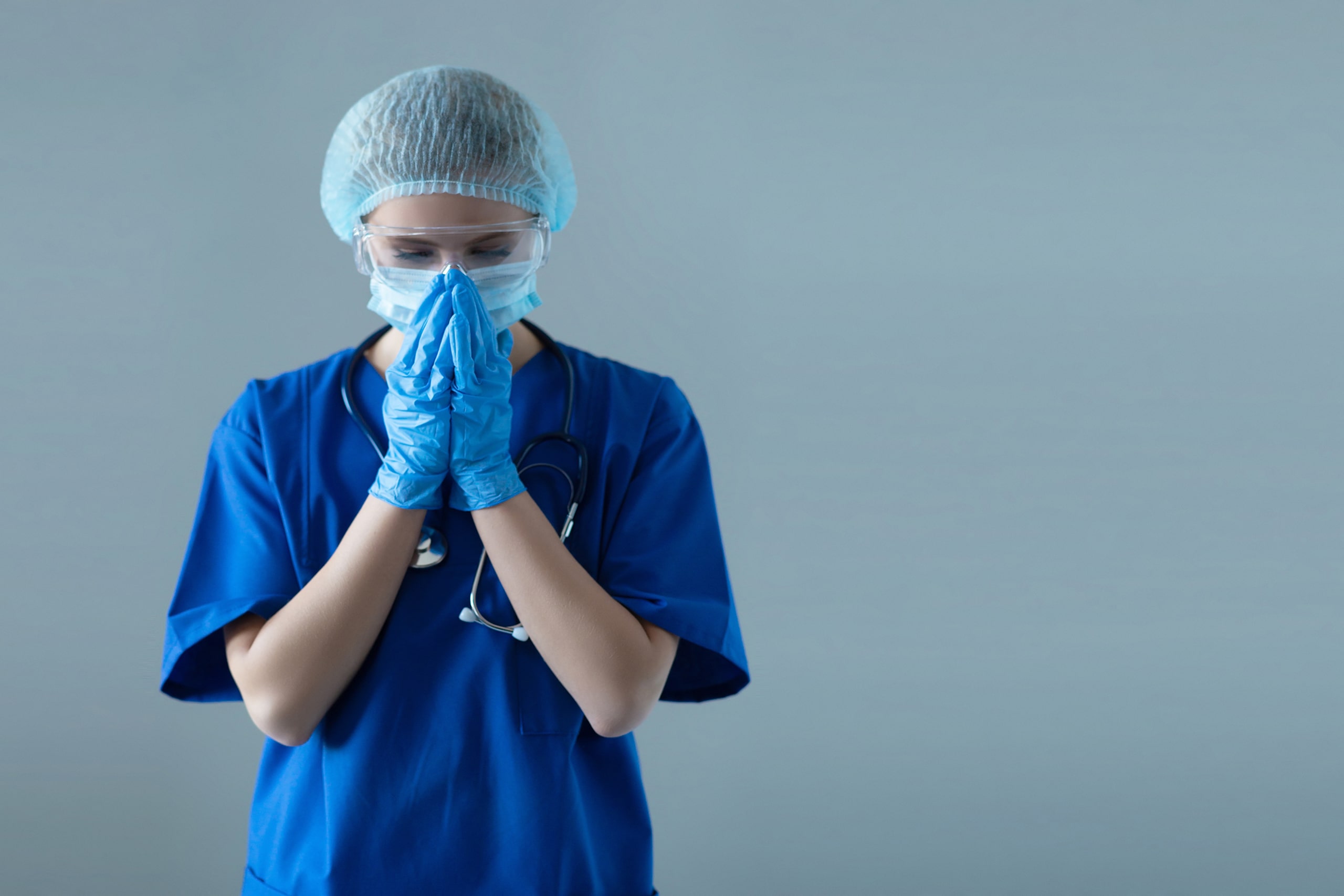Has Covid-19 Caused More Depression?
Clinical depression is not just a simple passing poor mood, a bad day, or passing sadness. The symptoms of clinical depression are something that typically lasts for at least two weeks but normally goes on for much longer than that. The most common symptoms include severe low mood, profound sadness, and an overall sense of despair. The person may no longer enjoy doing the activities that they once loved and may find it hard to do simple tasks or even get out of bed. Depression can oftentimes be triggered by a stressful life event such as loss of a job, loss of their home, loss of a loved one, and even the pandemic we are dealing with right now.
Isolation and Social Distancing Leading to Clinical Depression
Being forced to social distance, isolate, as well as having fear over extreme changes in your life all seem to be key factors in the rise of clinical depression because of COVID-19. In a sense, the pandemic has created the perfect storm for worsening clinical depression. Most people know the components of clinical depression, and in a normal world, may know how to treat the symptoms, but with all of the new social norms in play, it can seem that much harder to treat clinical depression. It will continue to diminish motivation to get better, disrupt your sleep and appetite, and make the spiral larger and larger. There are so many new challenges we face because of COVID-19. So many of them are worsening clinical depression.
Reasons Why Covid-19 Worsens Depression
Stress and loss are some of the main things exacerbating the symptoms of clinical depression. Many people are suffering from grief and loss of their loved ones from this virus. As this health crisis continues to roll through our country, the death tolls will continue to rise. This is especially true for those working on the frontlines seeing the pain, sickness, and death ravaging our country.
Prolonged isolation is another reason for the worsened clinical depression during this time. The primary strategy for fighting the spread of the virus is something that adds more risk for clinical depression. We are not designed to handle social isolation for long periods. Loneliness is the breeding ground for clinical depression. It is also difficult for those confined to their home for long periods with their families. It can create more conflict and is even harder for those who are part of a toxic or unstable family dynamic.
Financial Difficulties Due to COVID-19
The financial difficulties hitting our nation are also a huge stressor that can cause depression to set in. Unemployment is high and there is great economic loss. Those experiencing unemployment may have already or are on the verge, of losing their homes, cars, and otherworldly possessions. They may even be finding it hard to feed themselves or their family. This increased amount of stress mixed with difficult life circumstances puts people at significant risk for developing clinical depression.
COVID-19 is worsening the rates of clinical depression in the United States. The harder fact is that depression can make recovering from all of the things listed above that much harder. Clinical depression has a significant impact on motivation and problem-solving. So when our economy does recover and the virus has run its course, those who are depressed will have a harder time getting their life back together and taking part in new goals. They may also find it harder to go back to meaningful social interaction and exercise after social isolation has ended. The best way to get your clinical depression under control before it completely controls you is by getting involved in mental health services where your clinical depression can be treated efficiently with the help of an expert.
Medically Reviewed: September 25, 2019

Cayla Clark, BA
Medical Reviewer
Chief Editor
All of the information on this page has been reviewed and verified by a certified addiction professional.



